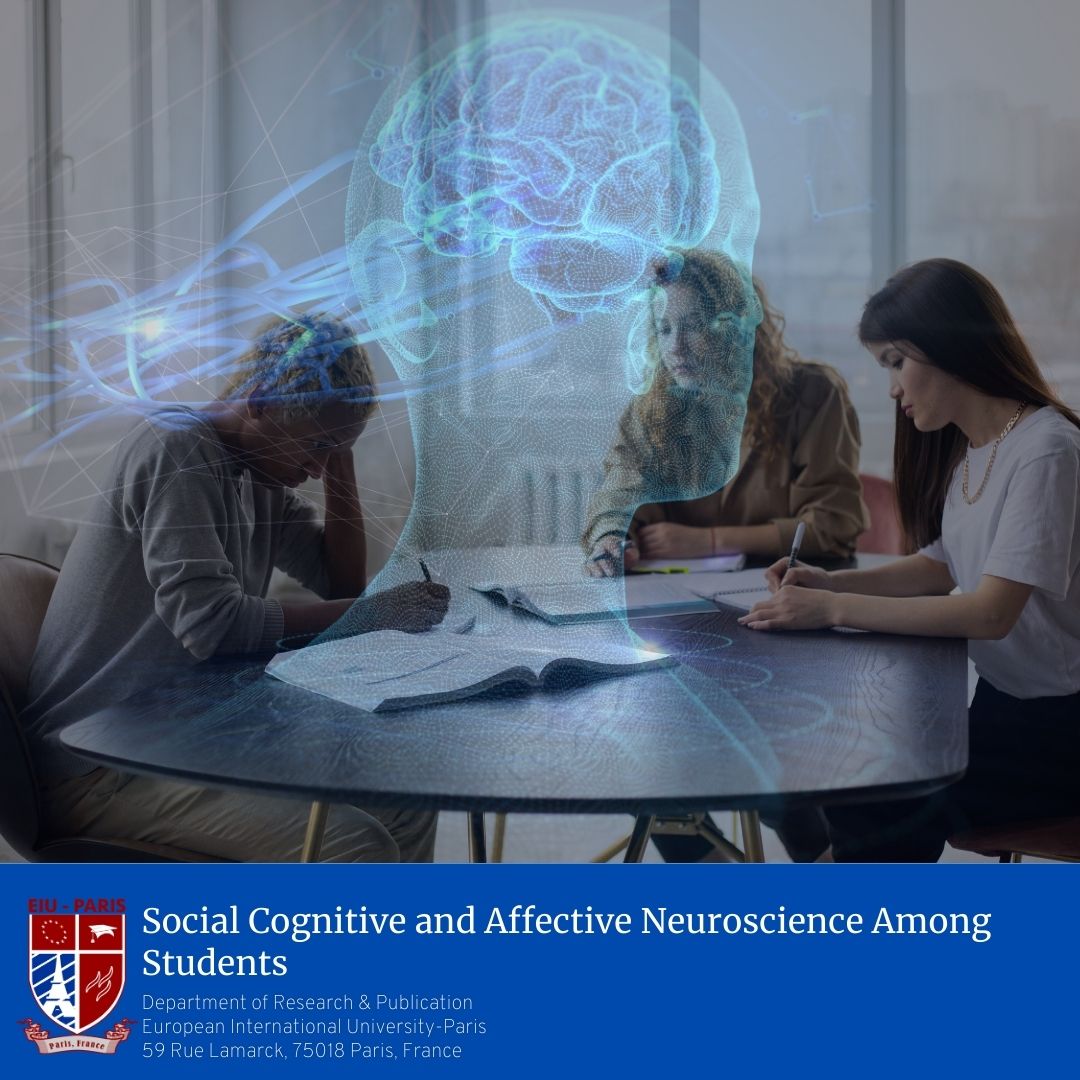- Version
- Download 15
- File Size 1.65 MB
- File Count 1
- Create Date August 24, 2024
- Last Updated August 24, 2024
Social Cognitive and Affective Neuroscience Among Students
An interdisciplinary area known as social cognitive and affective neuroscience (SCAN) links social science, psychology, and neuroscience to better understand how the brain interprets social and emotional data. This area of research has significant consequences for students, both in terms of tackling the various obstacles they encounter in their academic path and comprehending typical growth trajectories. This essay explores the salient features of SCAN as it applies to students, emphasizing the need of social cognition and emotion management for both academic and personal growth.
The idea that social cognition—the way we see, analyse, and react to social information—is essential to human interaction and behaviour lies at the heart of SCAN. In order for students to successfully traverse the intricate social settings seen in schools and colleges, social cognition is essential. This covers responding to peer pressure, comprehending social hierarchies, and making and keeping friends. According to neuroscientific research, regions like the anterior cingulate cortex, the amygdala, and the prefrontal cortex are essential for social cognitive functions. The amygdala is essential for processing emotions and responding to social dangers, whereas the prefrontal cortex is engaged in making decisions and comprehending the viewpoints of others.

Submitted by: Dr Sana Farooq Rabbani EIU384871 In Partial Fulfillment of the Requirements for the Degree of Doctor of Psychology Supervisor: Dr Raheel Asghar Date: AUGUST-2024 EIU-Paris

